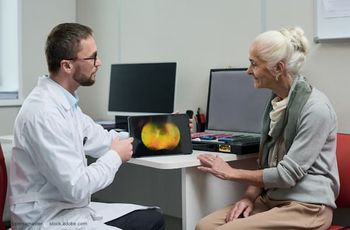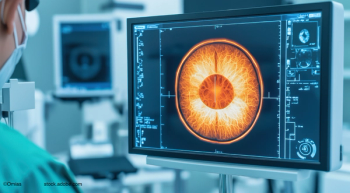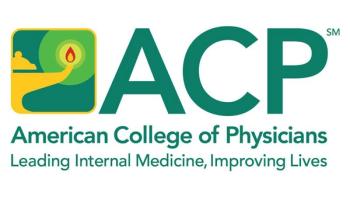
Two experts present on acute optic neuritis and the ACUITY trial during EURETINA 2025
The Eye Care Network spoke with Sebastian Wolf, MD, PhD, and Sophie Bonnin, MD, PhD, who presented new findings from the OCS-05 phase 2 ACUITY trial.
During the 2025 congress of the European Society of Retina Specialists (EURETINA), the Eye Care Network spoke with Sebastian Wolf, MD, PhD, and Sophie Bonnin, MD, PhD. Both served as clinical investigators in the phase 2 ACUITY trial, evaluating OCS-05 (also known as Privosegtor, from Oculis). The novel peptoid is a small molecule therapeutic candidate currently under investigation as a neuroprotective therapy for acute optic neuritis.
Prof. Wolf, who is managing director of the Bern Photographic Reading Center, spoke about the imaging protocol developed for the study and important findings in retinal structure. Meanwhile, Dr. Bonnin, who is deputy head of retina at the Rothschild Foundation Hospital in Paris, France, spoke about the neroprotective potential of the treatment and functional outcomes.
These imaging parameters resulted in a very good outcome," said Prof. Wolf. He explained that investigators used optical coherence tomography to assess the thickness of the ganglion cell layer and plexiform layer in the macula. These areas serve as biomarkers for loss of photoreceptors and ganglion cells. "With treatment, there was less loss than with no treatment, which shows that the drug is neuroprotective."
Dr. Bonnin said she was very satisfied with the primary outcomes, which were related to treatment safety. "We were very happy to see...no significant difference between the two groups, the Privosegtor and placebo group, in terms of adverse events," she said. Additionally, the investigators found "significant coherence between the functional and structural results," Dr. Bonnin said. When patients lose ganglion cells and experience thinning of the nerve fiber layer, they also experience loss of contrast and color vision, she explained. The results reported in the ACUITY phase 2 trial indicate that vision preservation is possible.
Dr. Bonnin concluded by noting that the results of this trial have broader implications for other neurological and neuro-ophthalmologic pathologies. "It's very interesting to know that acute optic neuritis is a model to test neuroprotective treatment," she said. "We have this opportunity to see, like a window into the brain, to see the [changes] of the neurons in the optic nerve."
Newsletter
Keep your retina practice on the forefront—subscribe for expert analysis and emerging trends in retinal disease management.




























